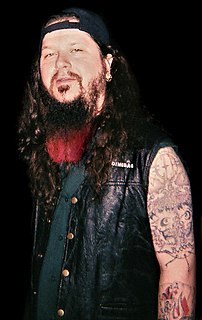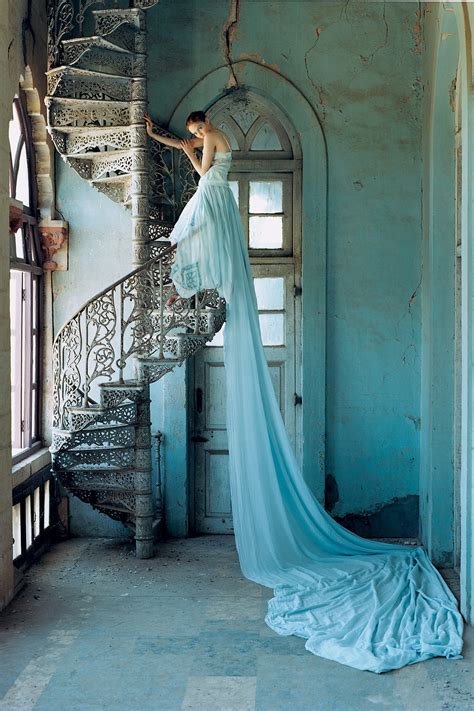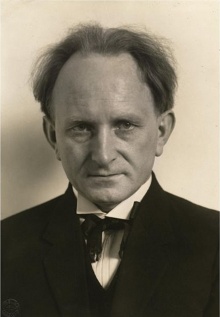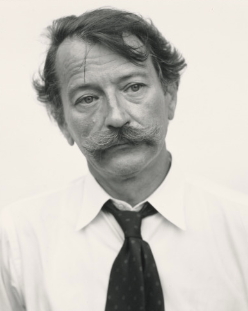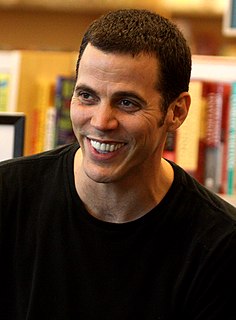A Quote by Timothy Simons
My dad was a photographer, so we had all these studio portraits of us.
Related Quotes
My Dad took a workshop from a photographer who worked at the Toledo Blade, a newspaper I delivered. I knew this photographer's work. My Dad took a night class from him at the University of Toledo. Without that class, I wouldn't have become a photographer, because my Dad came home and taught me what he learned in class.
The local dudes who knew that my dad owned a studio would say, 'Ahh, dude is spoiled,' and this and that. But we didn't abuse it at all. I'd always ask if we could use the studio first, and if our dad didn't want us there he would tell us, and that was that. But I definitely tried to get down there as often as I could.
My mom had a Canon AE1 camera and I read the manual and that's basically how I became a photographer. I was in the Baltimore punk scene. I knew it was a special time, so I went out and documented that whole era. I was the only person to really do it of my friends in real black and white, beautiful portraits.
Pure photography allows us to create portraits which render their subjects with absolute truth, truth both physical and psychological. That is the principal which provided my starting point, once I had said to myself that if we can create portraits of subjects that are true, we thereby in effect create a mirror of the times in which those subjects live.
There were just moments of the punk scene and I realized that I had to capture it. There was also this photographer in our preschool - I went to a Montessori school in Baltimore, Maryland - and they had this photographer come and take all these incredible photographs. They looked like they were from Life magazine.


